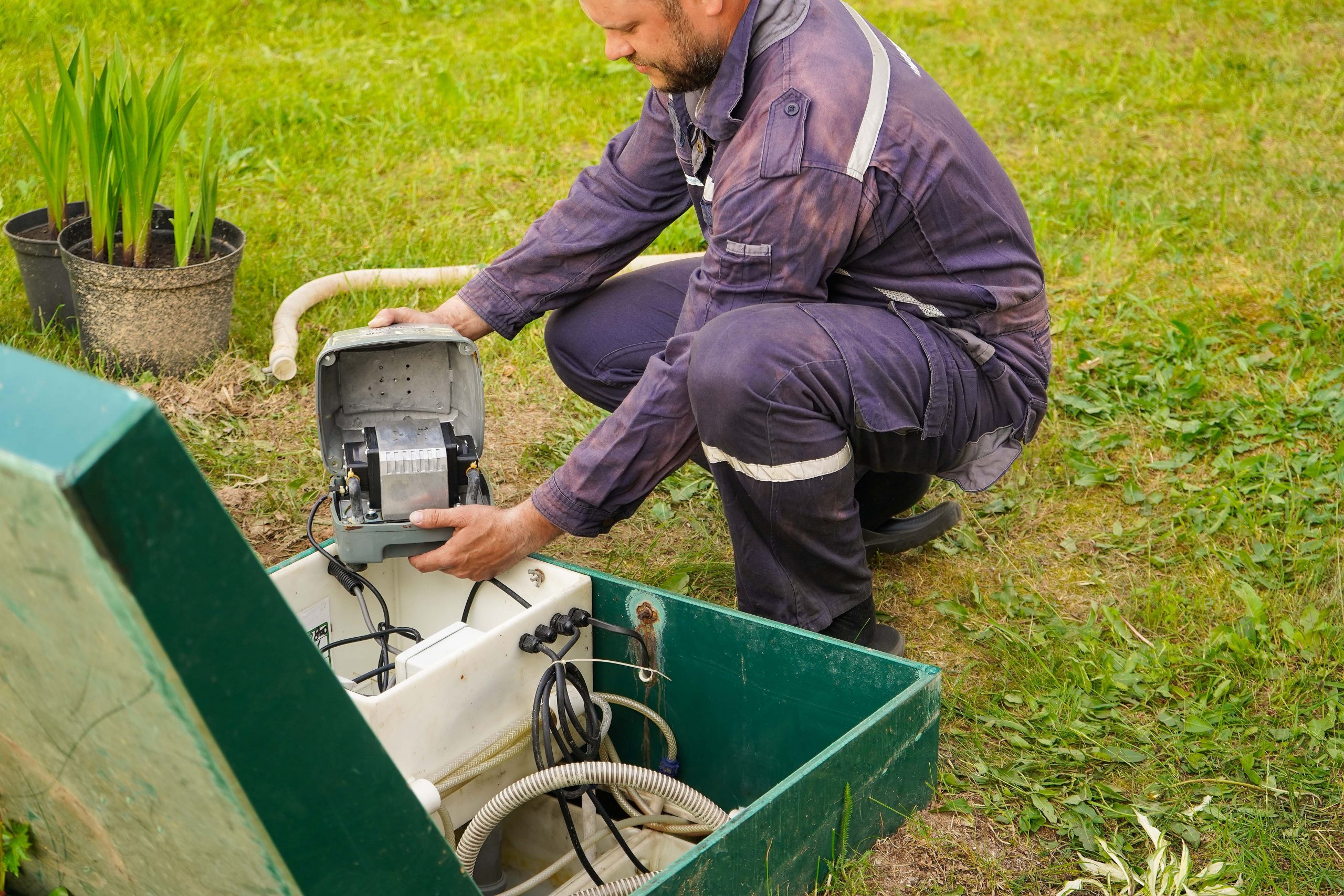Maintaining a healthy septic system is essential for any off-grid home. A well-functioning septic system efficiently breaks down waste and keeps your plumbing in good condition, but improper use can lead to costly repairs and environmental damage. One of the most common issues with septic systems is flushing items that should never go down the toilet. Understanding what not to flush is critical to keeping your septic system running smoothly. Here are some important tips, tricks, and insights on how to protect your septic system by flushing responsibly.
1. Avoid Flushing Non-Biodegradable Items
Septic systems are designed to handle human waste and toilet paper, both of which break down easily in the system. However, many other items are not biodegradable and can cause blockages, clog your pipes, or disrupt the natural breakdown process in the septic tank.
Tip: Never flush items like sanitary pads, tampons, diapers, cotton swabs, or wipes—regardless of whether they are labeled as “flushable.” These products do not break down in the septic tank and can lead to clogs that damage your system.
Insight: Even “flushable” wipes are harmful to septic systems. Despite the label, these wipes don’t disintegrate like toilet paper and can accumulate in the tank, potentially causing major issues.
Trick: Keep a small, covered waste bin in the bathroom to dispose of non-flushable items. This encourages family members and guests to discard these items properly rather than flushing them.
2. Be Careful with Paper Products
While toilet paper is designed to break down in water, other paper products can wreak havoc on your septic system. Items such as paper towels, facial tissues, and napkins don’t decompose as quickly and can create blockages.
Tip: Stick to flushing toilet paper only. Avoid using paper towels or facial tissues in place of toilet paper, as these materials are not designed to break down in septic systems.
Insight: The thicker and more absorbent the paper, the longer it will take to break down. These products can linger in the septic tank and contribute to sludge buildup, which can eventually lead to system failure.
Trick: Opt for septic-safe toilet paper, which is specifically designed to dissolve more quickly and reduce the risk of clogs. Many brands offer toilet paper labeled as “septic-safe” to minimize the impact on your system.
3. Limit the Use of Harsh Chemicals
Your septic system relies on beneficial bacteria to break down waste. Flushing harsh chemicals or cleaners can kill these bacteria, disrupting the natural decomposition process and causing your septic system to function improperly.
Tip: Avoid flushing bleach, ammonia, and chemical drain cleaners. These substances can harm the bacteria in your septic tank, leading to poor waste breakdown and potential system damage.
Insight: Many household cleaning products contain harmful chemicals that can damage your septic system. Instead, opt for natural or biodegradable cleaning solutions that are safe for septic systems. Vinegar, baking soda, and lemon juice are effective alternatives to chemical cleaners.
Trick: For occasional deep cleaning, use septic-safe cleaners that are specifically formulated to maintain the balance of bacteria in your tank. Look for products labeled “septic-friendly” to keep your system functioning properly.
4. Watch What Goes Down the Kitchen Sink
It’s not just your toilet that can affect the septic system—your kitchen sink can be a major source of trouble too. Cooking oils, grease, and food scraps are often flushed down the drain, but they can cause serious problems for your septic system.
Tip: Never pour fats, oils, or grease (FOG) down the kitchen sink. These substances can solidify and block pipes, leading to backups and expensive repairs. Instead, dispose of grease and oil in a separate container and throw it away in the trash.
Insight: Food particles can also accumulate in your septic tank, contributing to sludge buildup. Even if you have a garbage disposal, it’s best to scrape food scraps into the trash or compost them to avoid overwhelming your septic system.
Trick: Use sink strainers to catch food particles and prevent them from going down the drain. These small, inexpensive devices can save you a lot of trouble by keeping your drains and septic system clear of debris.
5. Dispose of Medications Properly
Flushing expired or unused medications is a common mistake that can harm your septic system and the environment. Pharmaceuticals can contaminate groundwater and disrupt the balance of bacteria in your septic tank.
Tip: Never flush medications down the toilet or sink. Instead, take advantage of local medication take-back programs or drop-off locations at pharmacies, which offer safe disposal options.
Insight: Even small amounts of medications can affect the bacteria in your septic tank, potentially causing the system to malfunction. Safe disposal is not only important for your septic system but also for protecting the environment.
6. Schedule Regular Septic Maintenance
In addition to being mindful of what you flush, regular maintenance is crucial for keeping your septic system healthy. Over time, sludge and solids build up in the tank, and if not removed, they can lead to backups and system failure.
Tip: Have your septic tank inspected and pumped every 3 to 5 years, depending on usage. This routine maintenance ensures that your system remains in good working order and prevents costly issues down the road.
Insight: Regular pumping helps maintain the proper balance of solids and liquids in your septic tank, allowing it to function efficiently. Ignoring maintenance can lead to expensive repairs or even the need for a complete system replacement.
